BIG Special Discounts Available NOW! Check out our Products
Leader in Waste Management Solutions | PROUDLY MADE IN THE USA ![]()
Leader in Waste Management Solutions | PROUDLY MADE IN THE USA ![]()
Sanitary, portable toilets that have your employees’ safety in mind.
Many of our customers use our products to solve a business problem across their organizations–giving their teams a way to do their business anywhere.

We’ve spent a lot of time putting our nose in your business. We’ve got your backside.
When your business is working outside, the options for where your employees can go to the bathroom are limited.
It takes too long for them to go back and forth to a porta potty. Besides, porta potties are just plain disgusting. We have a better solution.
Today, 20,000+ emergency, construction, and other utility workers trust Brief Relief. The on-the-go bathroom solutions can be packed with their first aid kits, gear, and other equipment.
We have been in the business of on-the-job safety and employee satisfaction for more than three decades. Today, we continue to invest in the idea that all mobile workers deserve a comfortable work environment—including an easy, sanitary way to do their business. The rightful comfort and privacy should not matter whether you’re in an office or in the field.
Brief Relief portable toilet solutions aren’t just better for your workers in the field—they’re better for your bottom line, saving you a load of money.
Use the Productivity Savings Calculator below to find out just how much you could save.
”Back in September you kindly sent stickers and samples of Brief Relief. This past weekend we had our Joint Ministry Training, and it was a successful event. As expected, we had Air and Army ministry teams from nearby Rocky Mountain states.”
“The “Brief Relief” disposable urinal bag certainly fills the bill and is a more sanitary alternative to how this emergency situation is handled presently.”
”These were recommended by my son who works for a utility company who supplies them. So much neater and better than the urinal I had for emergencies previously”
“I feel Brief Relief is the answer for our members to have an environmentally safe and sanitary means to relieve themselves. Every person has been faced with the situation of having need for a restroom with either the facilities at great distance or else not clean enough to feel comfortable. Your products take care of those problems for both male and female. It also solves the possible exposure problems since it is easily usable within the privacy of a vehicle.”







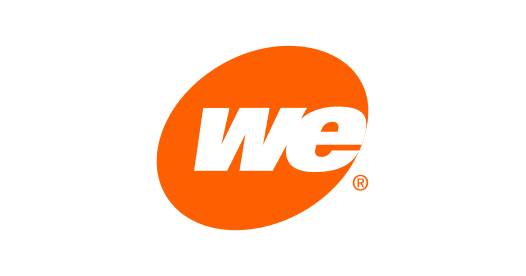
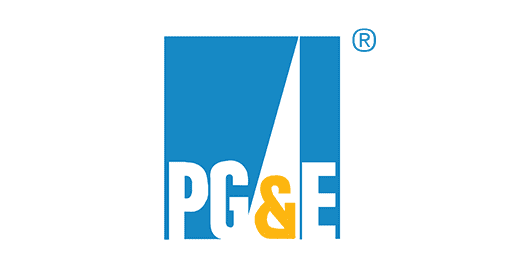






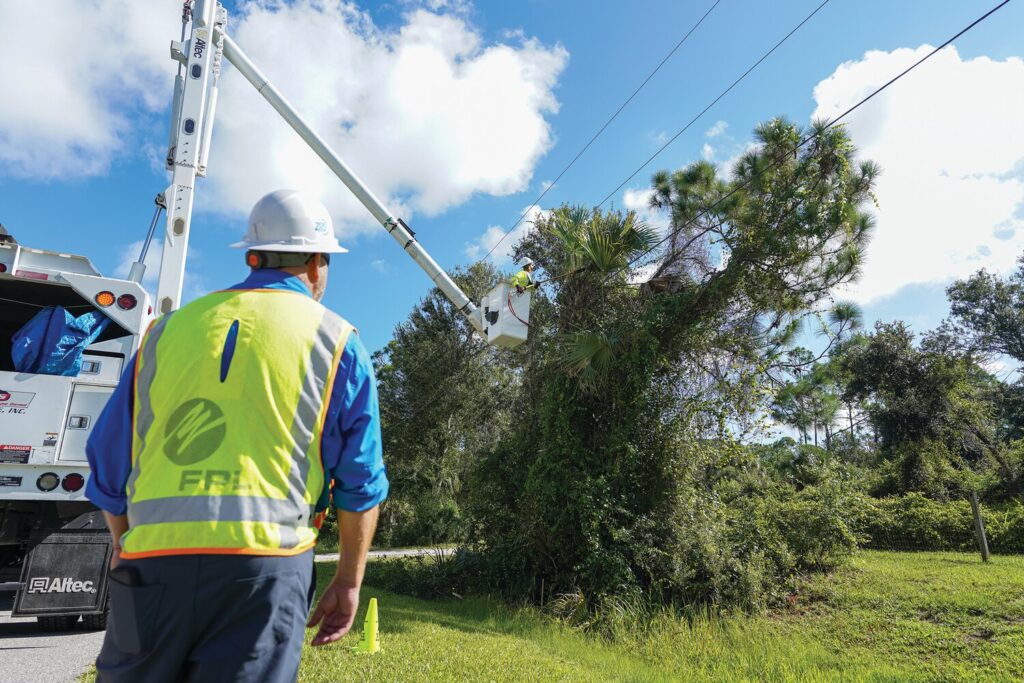
As hurricane season sweeps across the Gulf and Atlantic coasts, emergency crews, linemen, and disaster response teams are gearing up for unpredictable weeks ahead. When nature strikes, access to basic human needs—like safe bathroom facilities—is often the first thing to disappear. That’s where Brief Relief becomes mission-critical.
Whether your team is restoring power, clearing roads, or providing aid, bathroom access can be nonexistent during storms. Flooded streets, power outages, and closed public buildings make traditional options unreliable or dangerous.
Health risks from improper waste disposal
Lower crew morale and comfort
Productivity loss from long detours just to find a restroom
Brief Relief provides portable urinal bags and disposable solid waste bags designed to be:
Leakproof and odor-sealing
Shelf-stable for years—perfect for emergency kits
OSHA-compliant and FEMA-accepted
Quick to deploy in vehicles, trailers, and field command posts
Our Field Lavatory Systems are trusted by FEMA contractors, municipal utility departments, and disaster relief nonprofits nationwide.
🚨 Utility Crews restoring power in storm zones
🚑 First Responders who need to stay mobile and focused
🚛 Truckers and Contractors rerouted to emergency sites
🏕️ Disaster Shelters and mobile response teams needing safe, hygienic solutions fast
According to the National Hurricane Center, the best time to prepare is before the storm arrives. Disasters don’t wait for you to find a restroom. Stock your crew, fleet, or emergency kits with Brief Relief now—so when the storm hits, your team is covered.
Shop Our Emergency-Ready Sanitation Kits Now
✔ Peace of mind
✔ Portable comfort
✔ Ready when it matters most
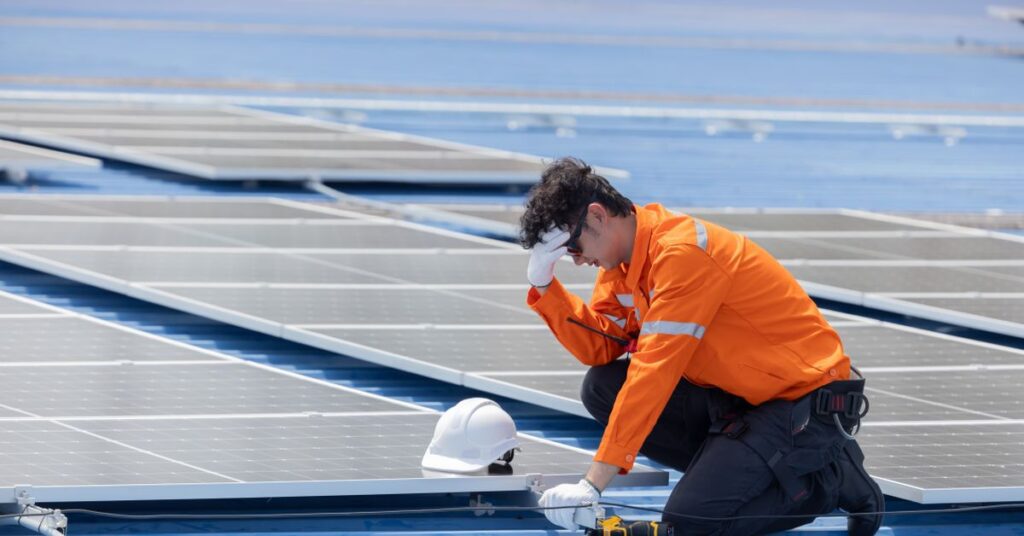
As the summer heat ramps up across the country, utility crews, road workers, and field technicians face more than just long hours—they face sweltering conditions with limited access to restrooms. While hydration is emphasized during hot months, one topic is often ignored: safe, sanitary, and accessible bathroom solutions. That’s where Brief Relief steps in.
When you’re working 10–12 hour shifts in 90+ degree heat, holding it in isn’t just uncomfortable—it’s a hazard. Workers who avoid using the bathroom are more likely to dehydrate, experience fatigue, or lose focus on the job.
Without nearby restrooms, workers often face two poor choices:
Leave the jobsite and drive miles to the nearest gas station
Hold it in and risk health complications or distractions
Both options lead to productivity loss, health risks, and low morale. That’s why utility companies and contractors are turning to portable waste solutions like those from Brief Relief.
In 2023, a major telecommunications contractor in Florida equipped their field techs with Brief Relief Disposable Urinal Bags after multiple workers reported symptoms of heat exhaustion from restricting water intake. The result? A 22% decrease in heat-related safety incidents and a noticeable boost in worker satisfaction during service calls.
Encourages Proper Hydration:
When restroom access is available, workers drink more water—lowering the risk of heat stroke.
Avoids Unsafe Conditions:
Workers no longer have to use unsanitary porta-potties or walk offsite.
Boosts Productivity:
Crews can stay on location without wasting time searching for facilities.
Promotes Hygiene Compliance:
Our bags are leakproof, odor-sealing, and contain antimicrobial agents.
To keep crews safe and compliant during summer field work, every work truck should carry:
✅ Disposable Urinal Bags
✅ Solid Waste Bags
✅ Hand Sanitizer
✅ Electrolyte Packs
✅ Cooling Towels or Shade Structures (when possible)
✅ Gloves for Safe Handling
➡️ See our complete Emergency Sanitation Kits for field crews.
Q: Can Brief Relief bags be stored in hot trucks?
Yes. All Brief Relief waste bags are built with durable materials that withstand high temperatures and prolonged storage.
Q: Are the bags safe and odor-free after use?
Absolutely. The absorbent gelling powder neutralizes odor and solidifies liquid waste instantly.
Q: Who uses these during summer months?
We work with utility crews, cable installers, truckers, construction teams, emergency response units, and outdoor event staff.
This summer, ensure your team stays productive, compliant, and comfortable by giving them the bathroom access they need—right where they are.
👉 Shop Brief Relief Now and give your crews the confidence to stay hydrated and focused, no matter how hot it gets.
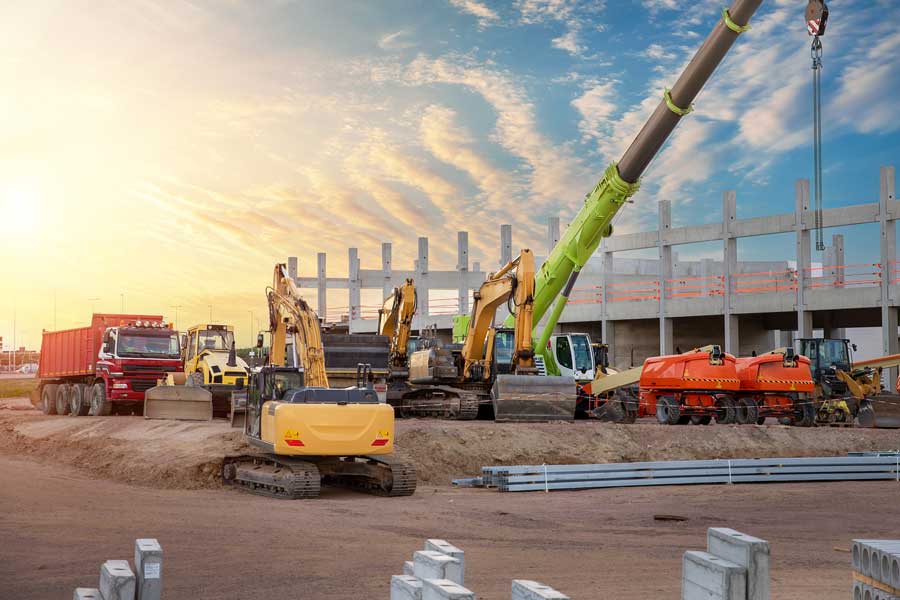
Summer Construction’s Hidden Problem
Every summer, job sites ramp up—more hours, more workers, more productivity… and more logistical problems. One issue that often flies under the radar? Sanitation.
When the nearest porta-potty is a five-minute walk—or worse, there isn’t one at all—time (and productivity) takes a hit. That’s where BRIEF RELIEF comes in. Designed specifically for industrial and field work, BRIEF RELIEF’s portable bathroom kits and urinal bags offer a safe, sanitary, and OSHA-compliant solution right on the jobsite.
The Problem with Traditional Solutions
Most job sites use porta-potties—but they:
Multiply that by 20+ workers several times a day, and you’re looking at lost hours and money.
BRIEF RELIEF products are made to work where you do. Their disposable urinal and solid waste bags are:
Products like the Liquid Waste Bag (BR608) and Disposa-John (BR500) make it easy for workers to take care of business quickly, safely, and hygienically—without leaving the job site.
Using BRIEF RELIEF products isn’t just a convenience—it’s a cost-saving tool.
Here’s how:
“It saves us about 10–15 minutes per worker per shift,” says a construction manager in Texas. “Multiply that by 50 people and it adds up.”
During summer:
High temps make enclosed porta-potties unbearable
Workers may skip hydration to avoid bathroom trips
Heat exhaustion risk increases
With BRIEF RELIEF, workers don’t have to choose between staying hydrated and staying comfortable.
Each WAG Bag® or urinal bag includes:
Eco-safe gel that solidifies and deodorizes waste
Sealing zip-top outer bag
Optional toilet paper and hand sanitizer wipe
They’re compact, easy to store in work trucks or toolboxes, and ready when needed.
This summer, don’t let poor sanitation slow your crew down. BRIEF RELIEF makes staying compliant, clean, and efficient easy, no matter how remote the worksite.
Be prepared. Be productive. Stay brief.
Or, request a free sample to give it a try.
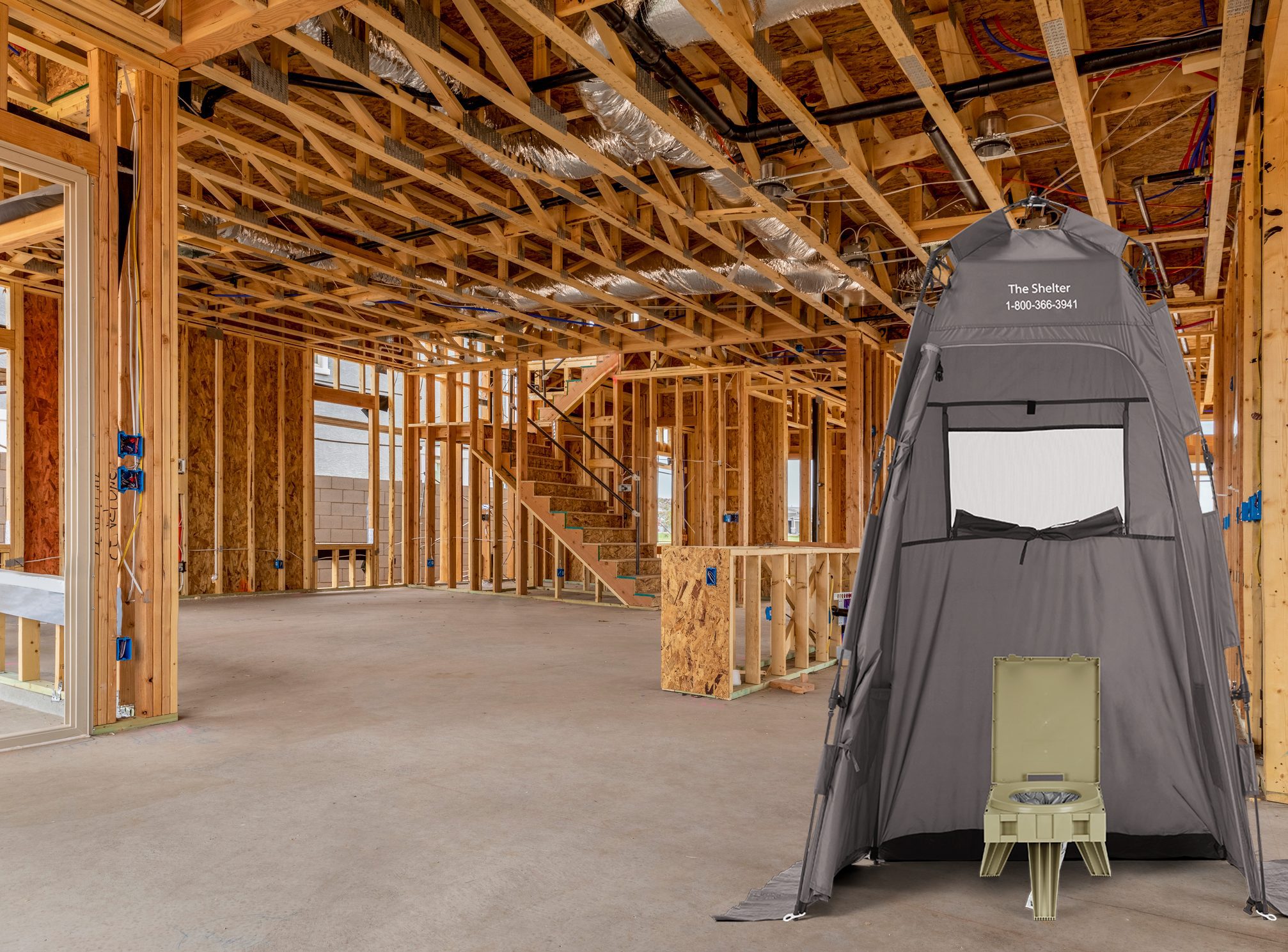
Limited sale. Get our privacy shelter with 20% OFF for a limited time!